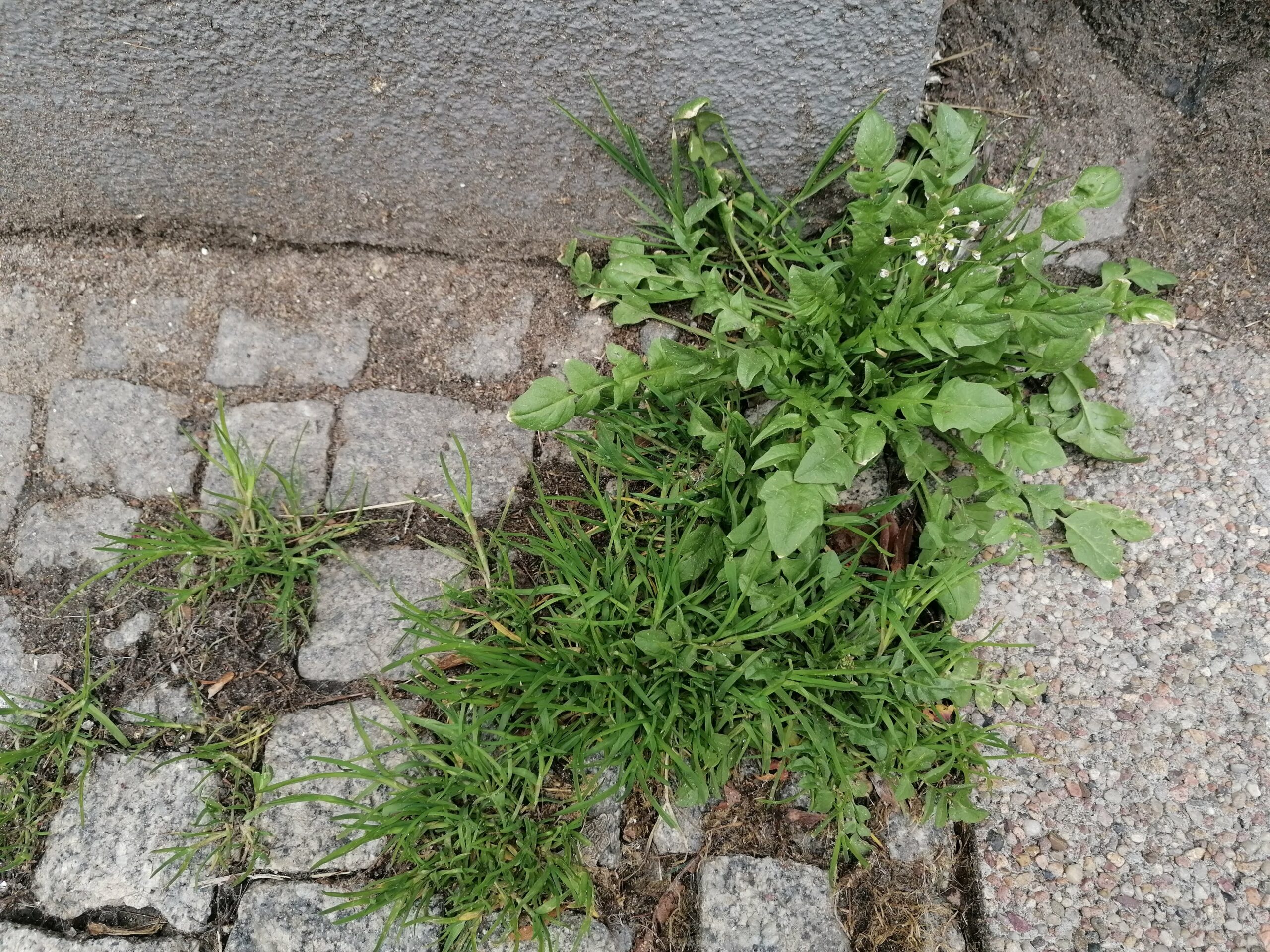
PLAURCI is a research project that seeks to explore possibilities for more than human flourishing in contemporary cities by looking at how green spaces and nonhumans, especially plants, have been constructed, governed, and imagined in two metropolitan cities: Gdańsk and Istanbul.
The project responds to the growing concerns on the planetary future and is guided by the idea that the profoundly anthropocentric approach that prevails in the language and practices of urban governance puts common futures at risk as it fails to acknowledge existing entanglements and interdependencies between the needs and well-being of humans and other living beings (i.e. Haraway, 2008; Tsing, 2015; Rupprecht et al 2020). To create a sustainable future(s) for contemporary cities, a cultural shift is required that would “resituate humankind ecologically while resituating otherkind (…) ethically” (Rigby, 2018).
To explore possibilities – for more-than-human flourishing, rethinking hierarchies between different living beings, and creating sustainable futures – the project studies the future(s) as a material reality and as a cultural fact (Appadurai, et al 2013) that manifests itself in politics and practices of governance: in narratives on the future present in strategic plans and legal documents, in everyday politics on the ground, and material qualities of green areas and plants. The project is organized into three thematic Work Packages: Constructions, Governance, and Belonging, and promises to offer a substantial contribution to the anthropology of more-than-human worlds, multispecies ethnography, studies on time in the Anthropocene, and ethnography of plants.
WP 1
Constructions, analyzes the concept of a “green city” and accompanying concepts. What meaning do key concepts, such as “green spaces” „biodiversity”, „wild”, and „nature” entail in urban governance? What meanings are given to plants by naming them “heritage”, “herbs”, or “weeds”?
WP 2
Governance, inquires into the cultural, social, structural, and temporal dynamics of strategic planning and decision-making processes. Who governs the urban green spaces of Gdańsk and Istanbul? Whose voices and interests, including those of nonhumans, are considered?
The project utilizes the concept of political representation for non-humans, as crucial for exploring the (possibilities for) more than human flourishing in contemporary cities. One of the main questions regarding political representation can be formulated as: „What entities should be represented, under which conditions, and by whom” (Gray et al, 2020). This opens the question of the role of human positionality in the decision-making process in environmental governance, and the question of expertise, power, and (affective, moral) bias in producing what is often presented as objective knowledge (Matthews, 2011). If politics is never distinct from culture (Latour, 1991), what key concepts, values, and beliefs play a role when making certain decisions? What narratives are constructed to justify them? What kind of knowledge is produced?
WP 3
Belonging, utilizes a concept of socio-natures (Swyngedouw, 2004) to examine selected green areas of Gdańsk and Istanbul as both social (nature as a social construct) and material (nature as materiality) realities and directly addresses the question of urban citizenship of non-human others, with the focus on plants. “Who” – in terms of species and entanglements – is (not) regarded as desirable and welcomed in urban space? How do plants respond to politics and practices of governance?
The methodology applied in the project is an original synthesis of classical methods of ethnographic inquiry, multi-species ethnography and methodological approaches from the natural sciences and landscape architecture, including phytosociological screening and socio-ecological assessment of at least 50 selected green spaces in Gdansk and Istanbul. Visual data (images, short films) will be collected throughout the project to support the analysis and to present the project results.